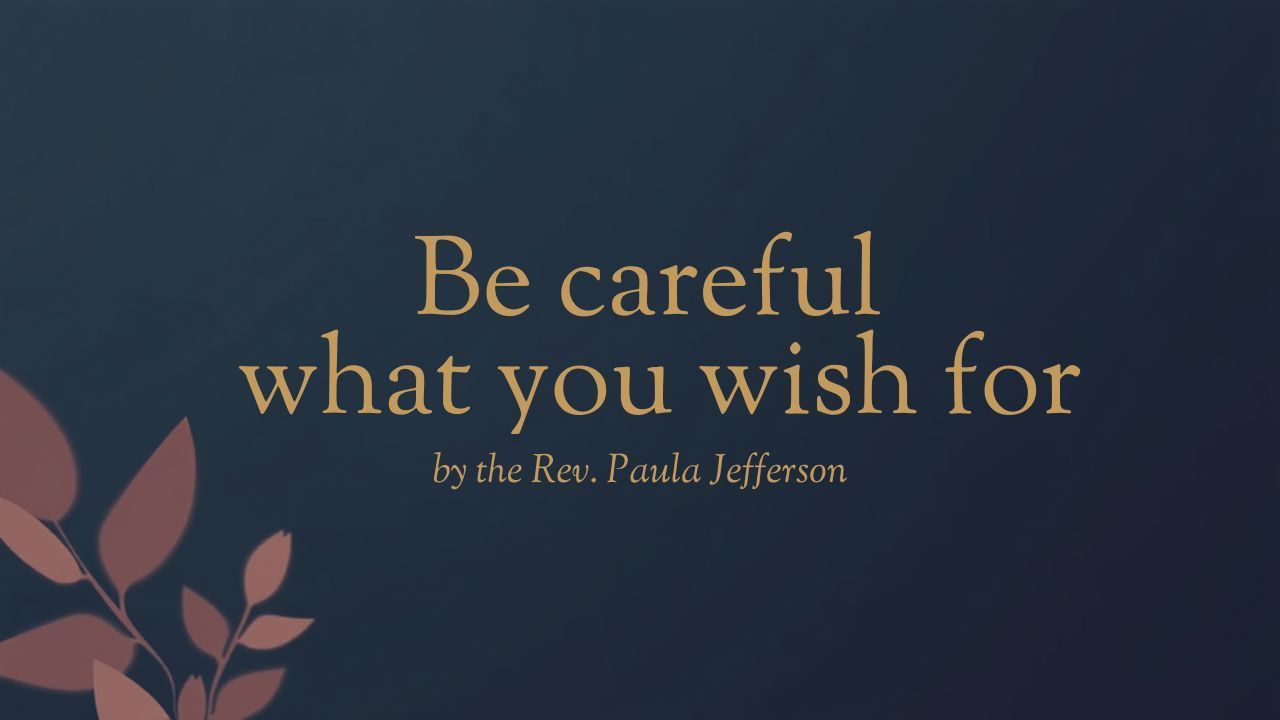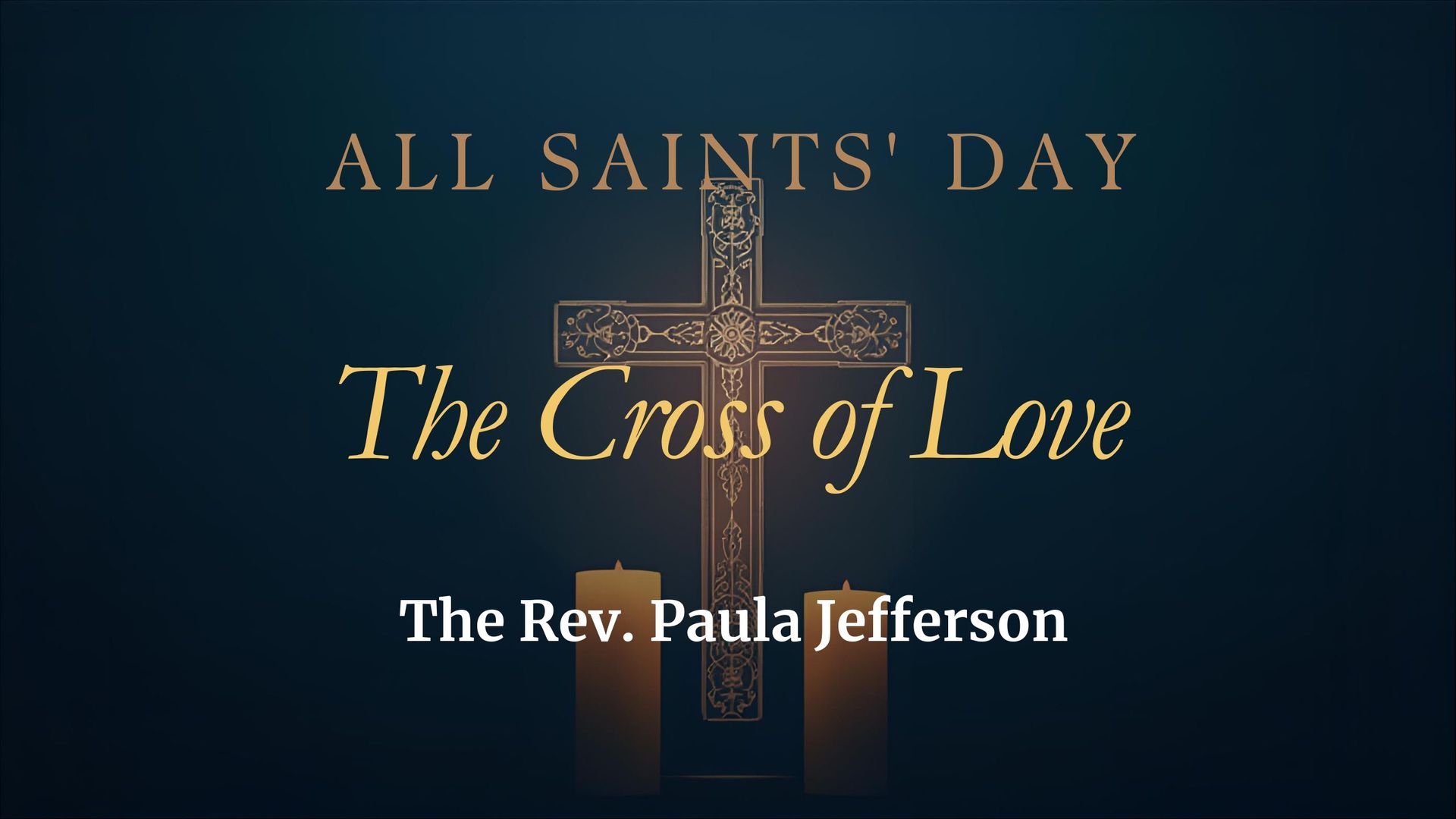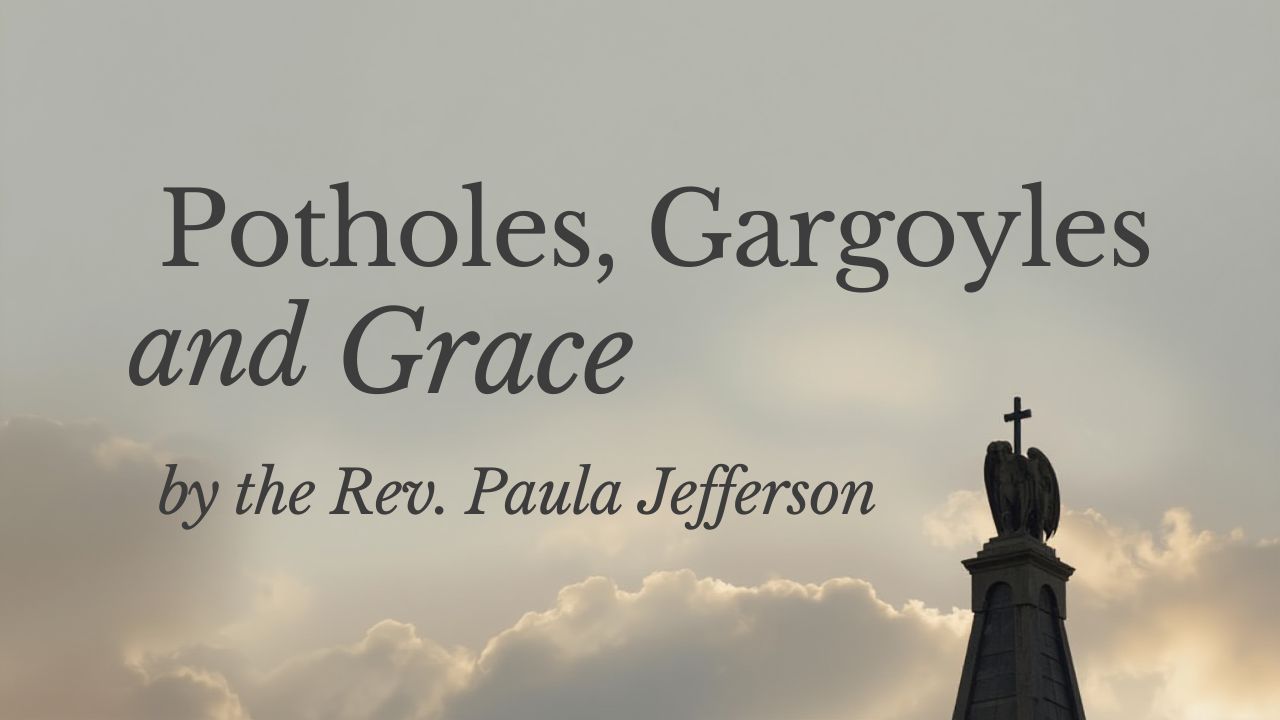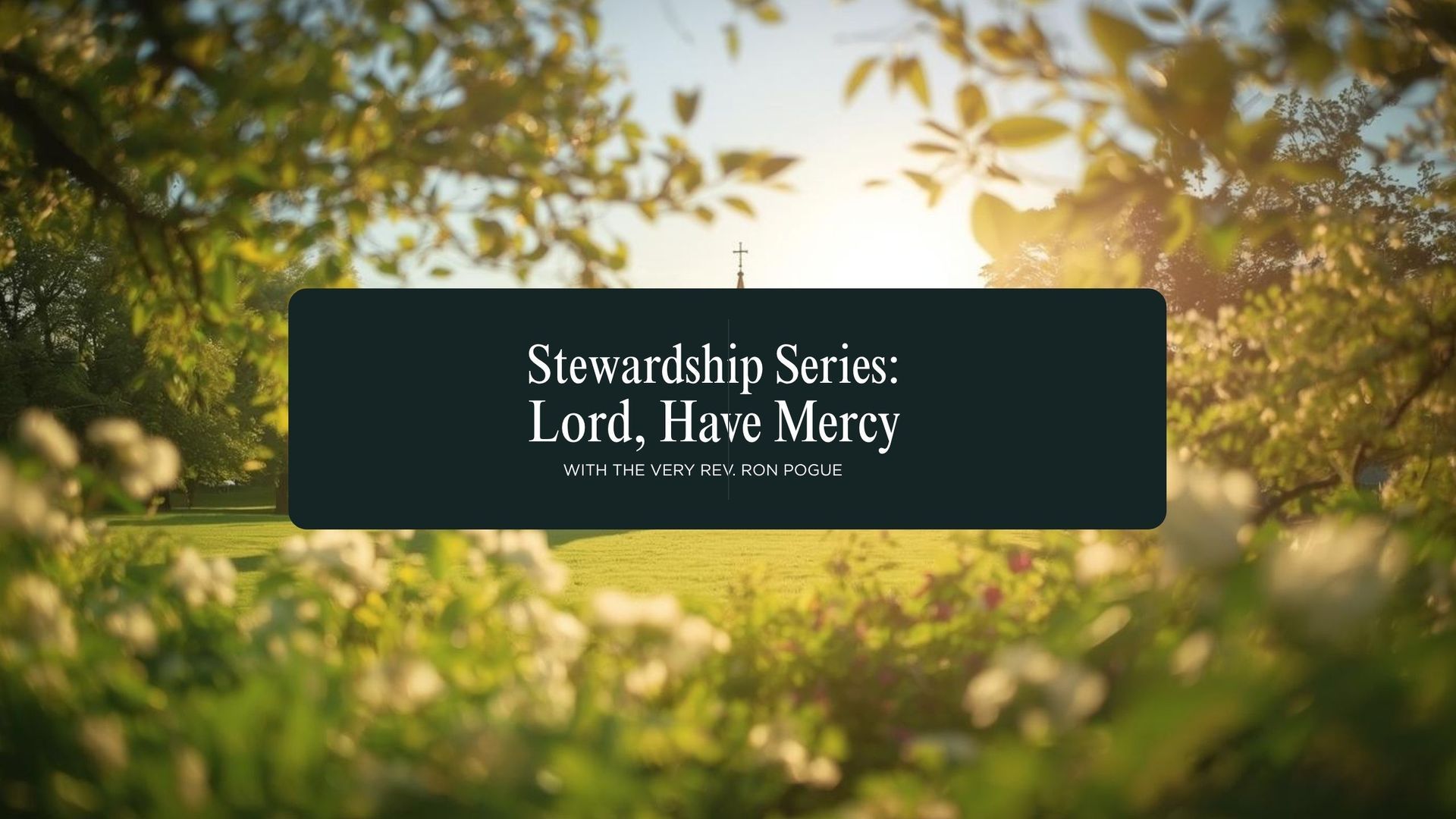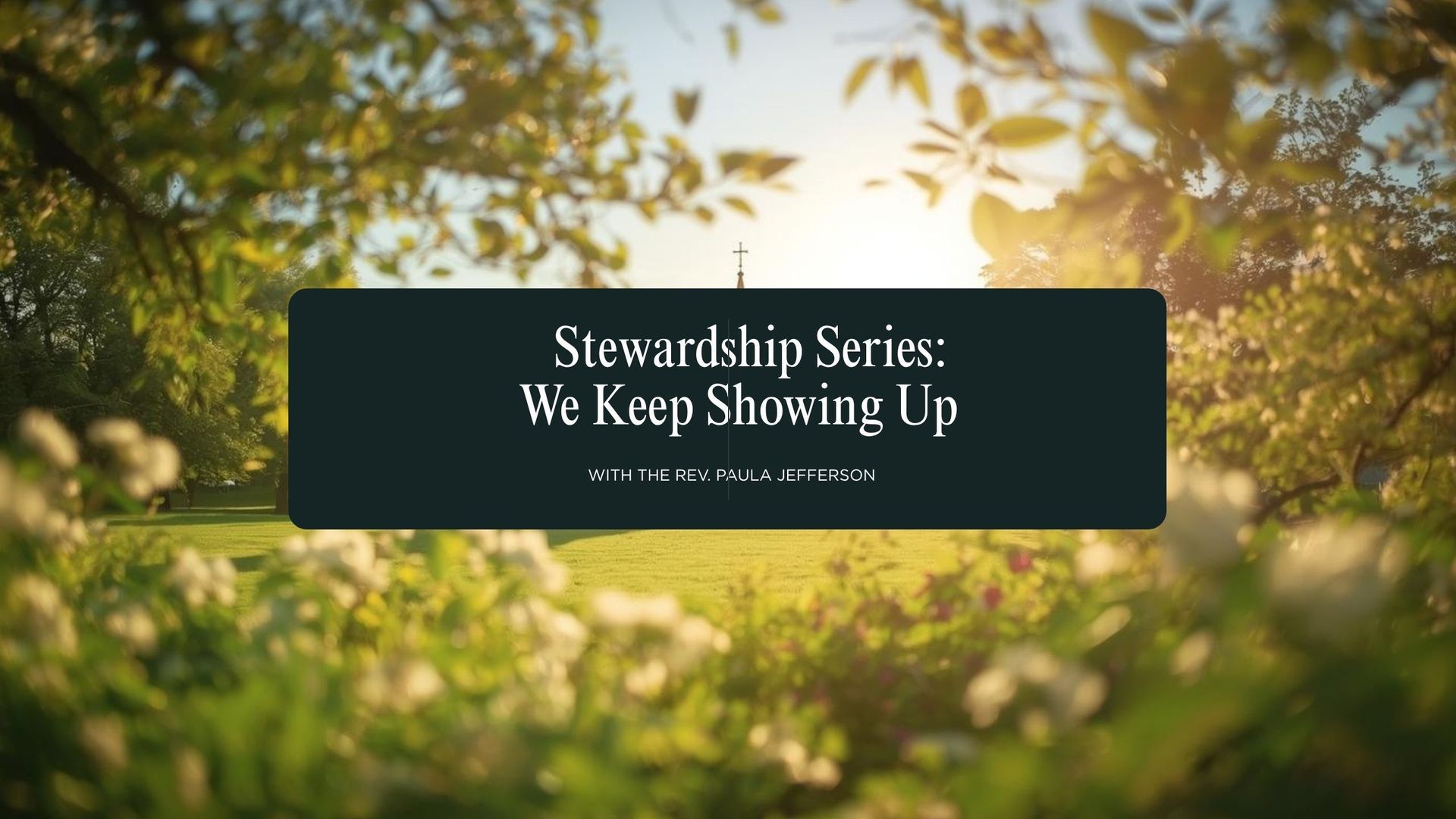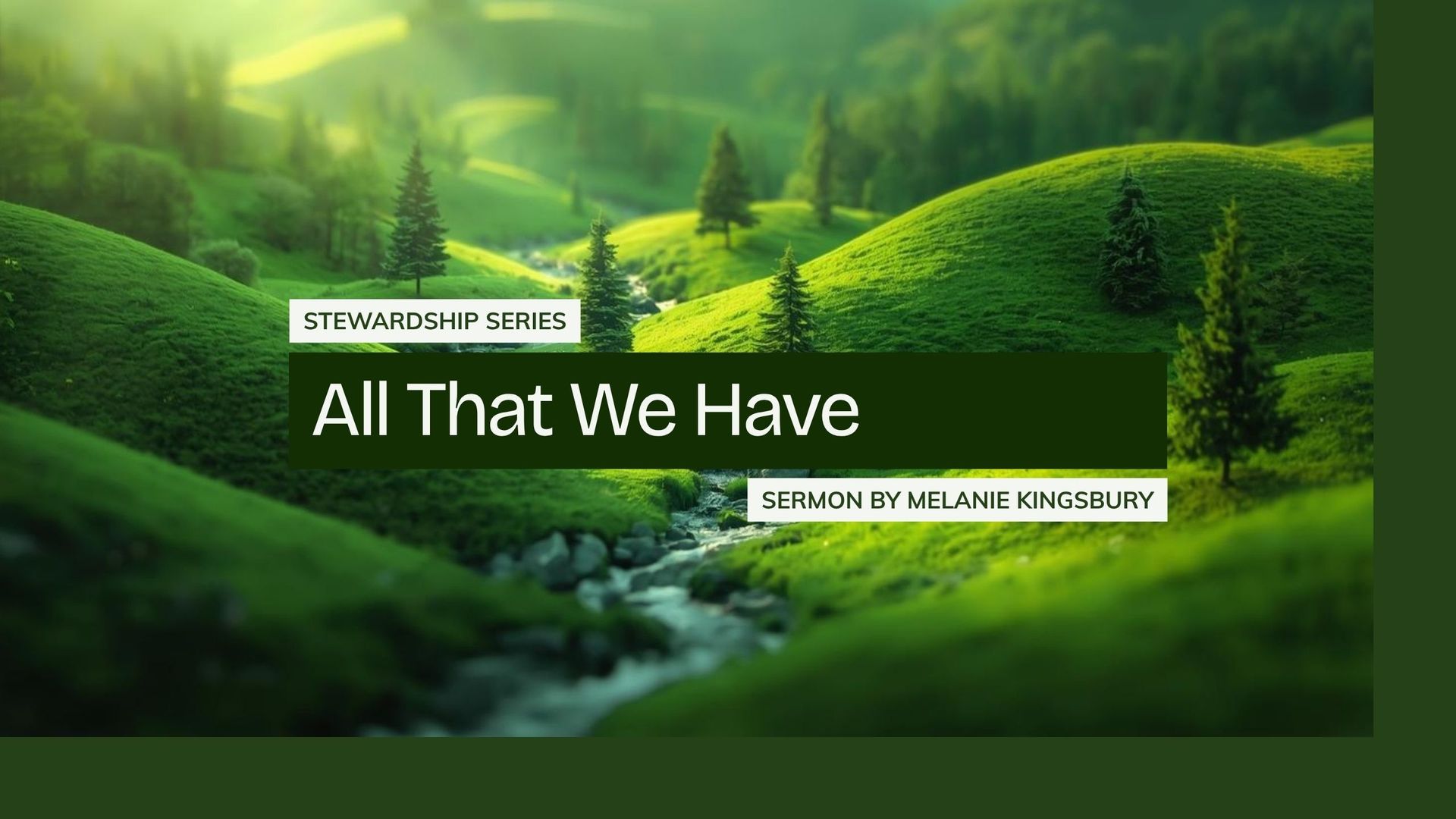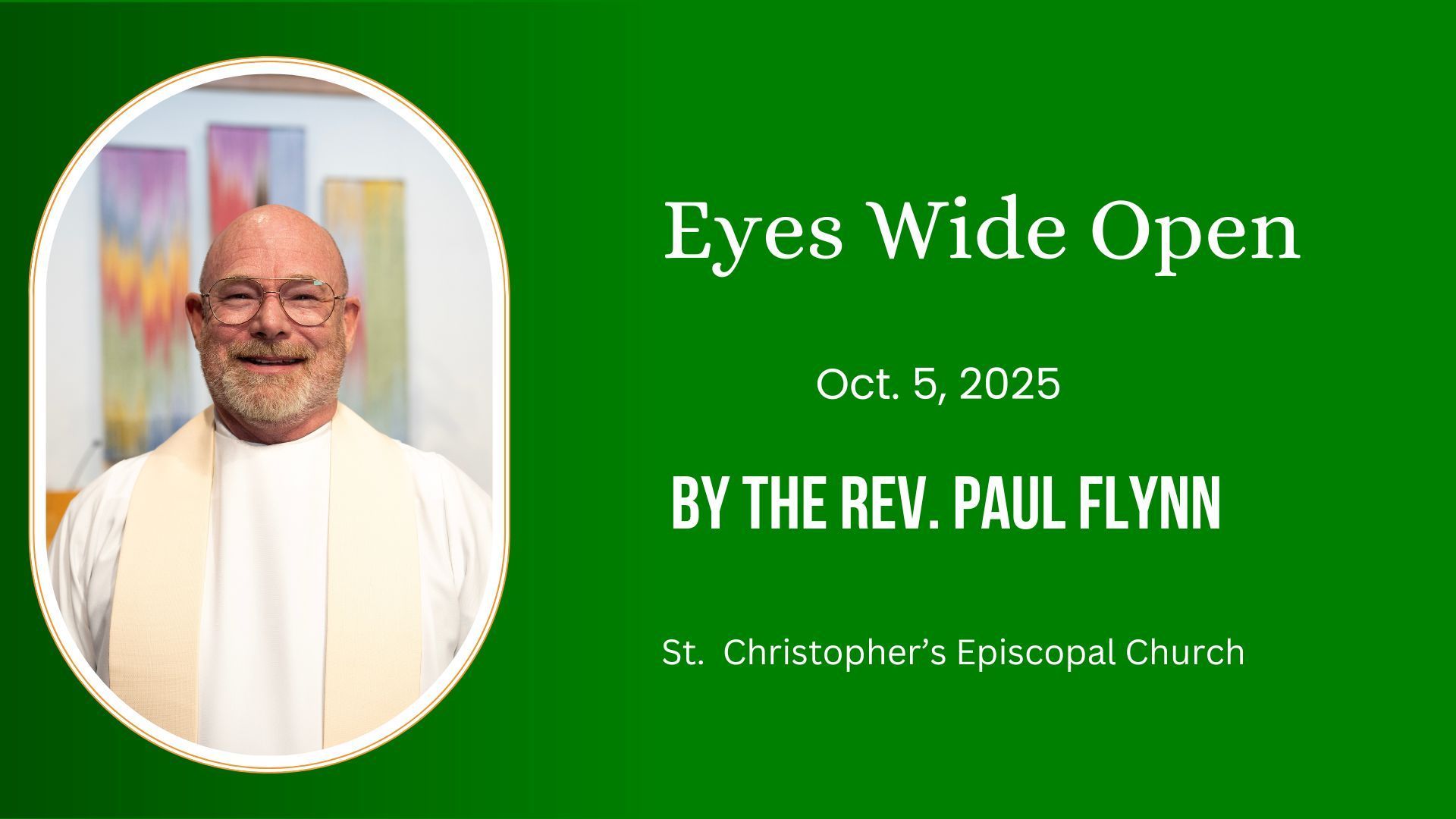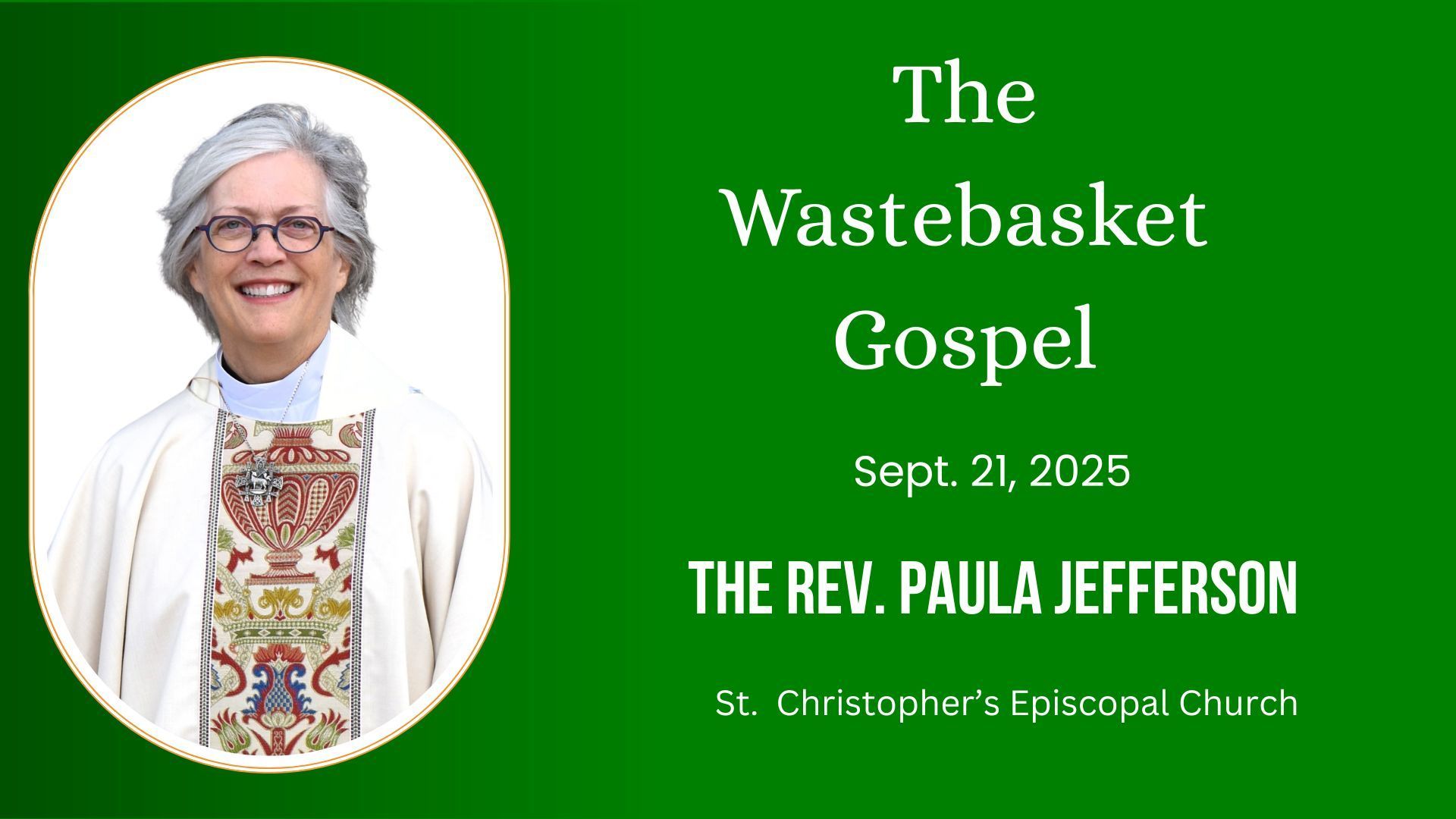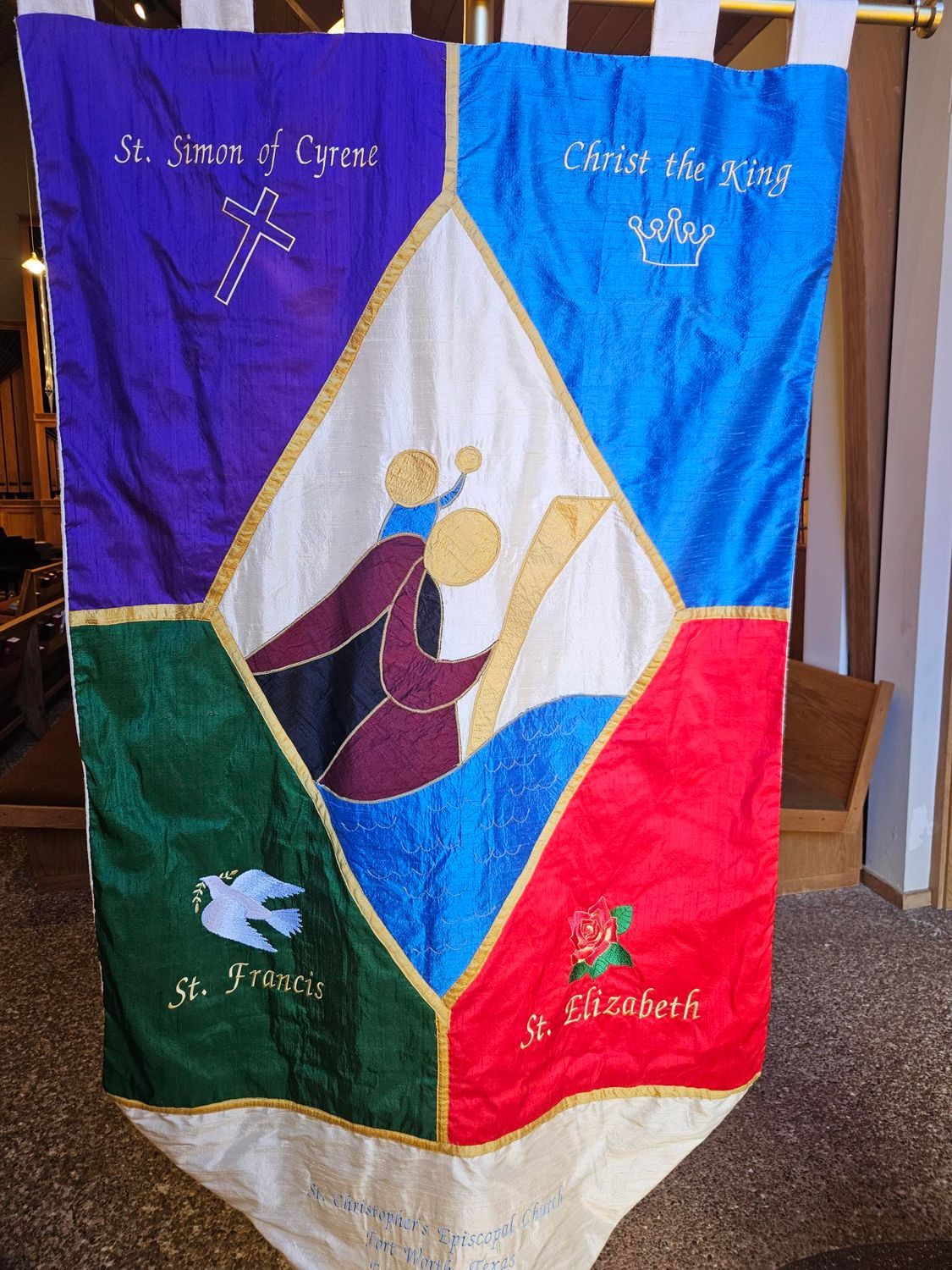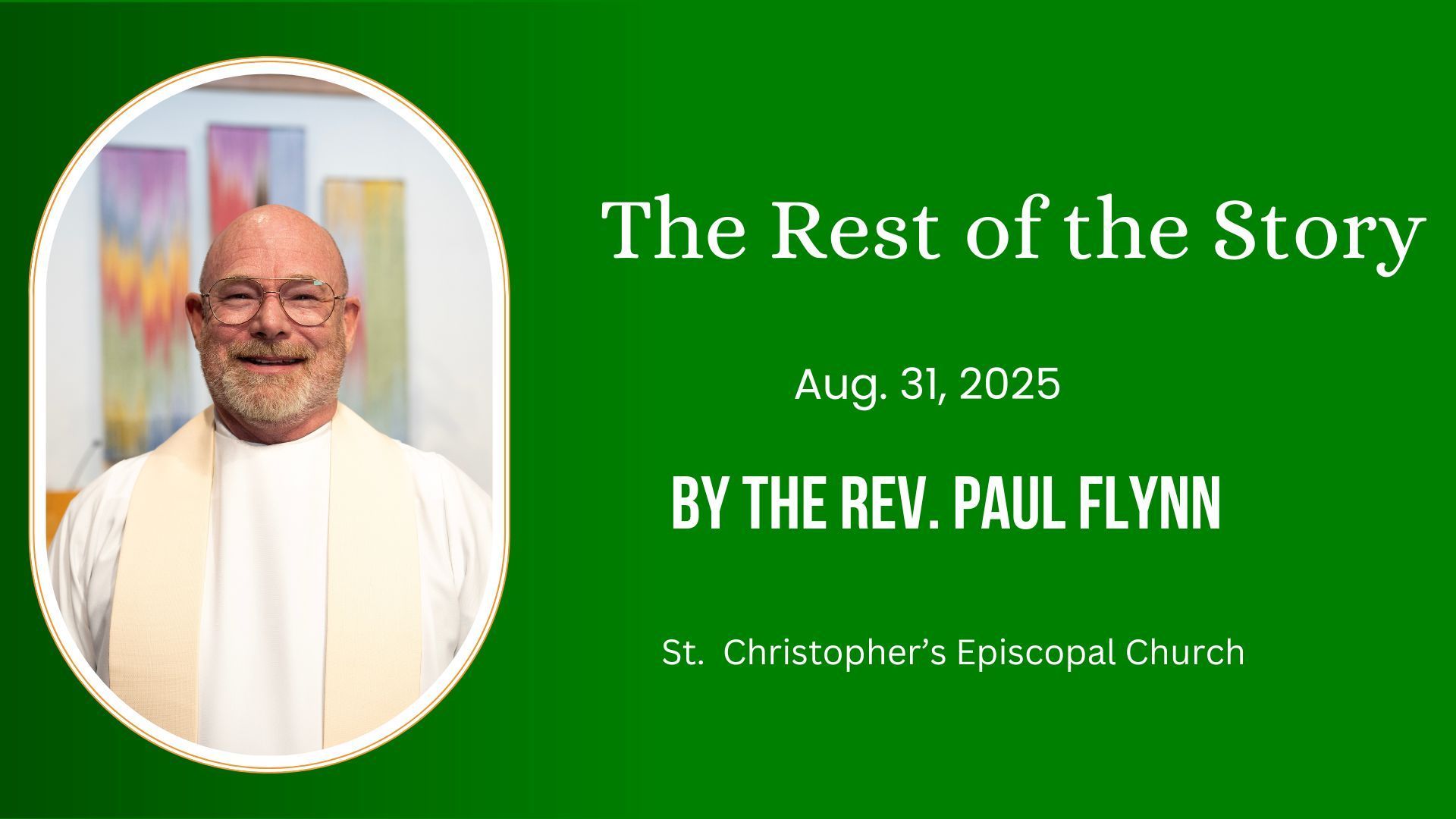Many of you have heard my sermons before and are aware that they are often inspired from movies and films. Today, I am going to do something a bit different: I am going to highlight a Broadway musical. Last Saturday I had the exciting opportunity to attend a Broadway musical that I have been wanting to see for a very long time. What was even more special is that I attended the show with one of my co-workers – along with her mother – for what was her first ever Broadway musical. It was a truly delightful experience.
This particular production of the musical centers around a young woman named Bobby on her 35th birthday. She is single and most of her friends are married. Her friends surprise her with a birthday cake and tell her she must make a wish before blowing out the candles. But before that, the musical takes us through various scenes in which Bobby interacts with all her friends. She has friends who have been married for a long time and are still very much in love. She has friends who are about to get a divorce and are okay with their decision. She is also friends with a gay male couple that is about to get married even while one of the partners is getting cold-feet. And then she is friends with a woman who has been divorced several times and helps Bobby realize that she should not be pressured to be a certain way; that life is worth living whether you are single, married, or divorced.
For those of you who have absolutely no idea what Broadway musical I am spotlighting, you should know that I am discussing the musical titled Company that was first performed back in 1970 and was composed by one of the greatest Broadway composers ever: Stephen Sondheim – who died three years ago. Now, it is the ending of this musical that might help us understand our Gospel lesson for this morning. Right before Bobby blows out the candles and makes her birthday wish, she recognizes that the most important thing in life is to celebrate and cherish being alive – and more significantly, being alive so as to give of oneself to others in some capacity. But as Bobby blows out the candles, the musical leaves us as the viewers to decide whether Bobby wishes to become married or to remain single. That question seems to be precisely the point of the show. To give of oneself to others and to share in life with another does not necessarily mean that one must be married. Society places many expectations on everyone that we are all supposed to find “the one” and then get married. But for a lot of people, our experiences are definitely not as cut-and-dry. Society’s rules often do not make sense to many people’s lived experiences.
In the Gospel text, Jesus is presented with the “rules.” Here, Jesus is confronted by the Pharisees who question him regarding a law from Moses regarding divorce. Now the Pharisees already know the law; they are the legal scholars. They are not so much concerned about what the law says, but rather in trying to condemn Jesus in some way. Jesus – in all His infinite wisdom – sees right through their trap. Before he recites the actual law of Moses to them – which he knows they already know – he begins by explaining that because of the hardness of their hearts, this law was given to them.
Now what on earth does this mean; hardness of their hearts? To answer that question, perhaps the Holy Spirit invites us to consider a different and unique perspective on this text. It is an outsider’s perspective – which is to say, it is a take on the text from the viewpoint of people whom this Gospel passage has often been used to ignore and reject. To begin, let’s look at two figures in the Bible: Jesus and St. Paul. When we read about Jesus in our Bibles, we read of a man who apparently never married. The fact that Jesus Himself did not get married reveals that his own life did not fit quite neatly within the prevailing standards of the day under this law and this seems to be large part of the reason why the Pharisees question him. St. Paul, whose writings make up much of the New Testament – some of which actually predate the four Gospels – wrote that it was better for individuals to remain celibate and never marry. He is another New Testament figure whose life did not accord 100% with this particular law from the Hebrew Bible.
The fact of the matter is that this particular law was not written to speak to the lives of many, many human beings: celibate people, divorced people, women who are treated secondary to men – and unfortunately, we must wrestle with the fact that this law does make a presumption that women are somehow secondary to men – and also for those of us who are gay, lesbian, bisexual, or transgender. Regrettably, this law and this particular Gospel text has been used throughout Christian history to marginalize, reject, and ignore people whose lives might not conform to its particular context. Yet, in the passage, Jesus’ response to the Pharisees is telling. He essentially tells them that they are not able to see God’s way, that they have a hardness in their hearts, and that they only see the human way. God’s way is to include people, rather than to exclude; a love that is boundless. The real purpose and spirit of the Law of Moses was to highlight the reality that life is not to be lived in isolation; that we are supposed to give of ourselves to others. This giving of ourselves to others and thus being a blessing to others is what stewardship is all about. Holy stewardship does not begin with the question of what amount of money to pledge to the church and it is not like some sort of investment portfolio where we should expect returns on our stocks and mutual funds. Rather, the starting point is recognizing our own potential to be a blessing to other human beings. Naturally, the most intimate of human relationships in which we give of ourselves to another is the intimacy within the confines of a marriage. But we certainly need not be married, or a man, or straight, to give of ourselves to others; all of us are included in this. Considering this, we might see Christ as presenting the Pharisees a choice: to choose the human way that is exclusive and leaves a lot of people out, or to choose the way that is inclusive. God’s way – the one that Jesus seems to wish they would choose – is the inclusive way; a holy and inclusive stewardship that values all human beings.
As we read this Gospel lesson, we are also presented with the same choice Jesus was presenting the Pharisees. It is the same choice that comes at the end of the Broadway musical Company: is there only one way to fit into the world and to be included? Or is life more expansive than that? God’s gift of life demands that we recognize how we are to live our lives as a blessing to others – and in a way that is more inclusive and welcoming, rather than rejecting. As Christians, when we uncover this reality we can begin to discover what Holy Stewardship is – giving of ourselves to others – and in so doing, we can bring forth the Kingdom of God on this earth in the here and now.
Throughout this stewardship season here at St. Christopher’s, may the Holy Spirit reveal to each of us the inclusive way of Christ to give of our selves to others and be a blessing to other people.
And I have said these words to you in the name of the Father, the Son, and the Holy Spirit. Amen.
